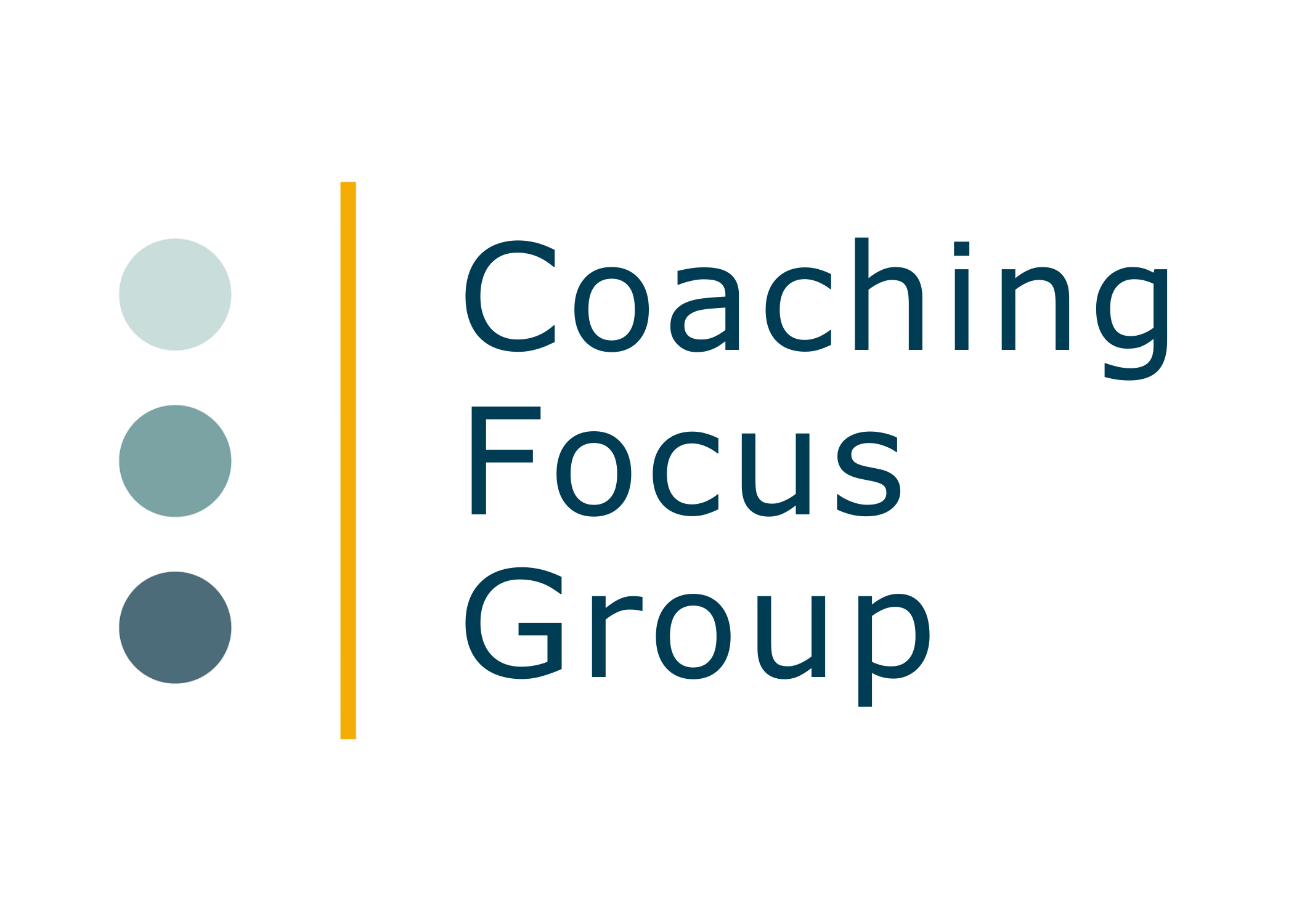By Coaching | Jul 23, 2021
How to Build a Coaching Strategy that can Positively Transform your Organisation: An Introduction
As an HR professional, I know you understand the importance of having a plan. A business thrives on a strategic focus, the achievement of goals and objectives.
One of the best ways of getting buy-in for coaching projects from executives, as well as squeezing as much goodness out of coaching for all involved is to create a winning coaching strategy and use it to transform your company culture.
Yes: I’m talking about your company becoming so strong that no one even recognises its former state.
And for those who’ve been thinking a fast, short relationship with a coaching company with no particular plan would suit them better, let me ask you something: without a long-term strategy, how are you going to work out how to maximize the benefit of coaching at your workplace, achieve the goals on your business’ agenda or measure its success?
And if you do agree that creating a strategy would be beneficial before any work is done, what will your strategy focus on? Will you link it to large change and transformation projects and use it to evaluate the increase in the effectiveness of those projects? Will you use it to fulfil objectives connected to the company’s diversity agenda, or help you develop a pipeline of strong leaders?
I’ve sadly experienced the consequences of a short-term approach that lacks strategy many times. No transformation happens. In fact, nothing changes!
I’ve seen HR professionals put their trust in organisations that promote a one-day intensive coaching skills course, only to watch managers cling to exactly the same behaviours that weren’t improving their management skills 10 years ago…
I’ve seen executives with the best of intentions choose to use external coaches on middle management for six months plus at huge expense, only to wonder why organisation-wide change didn’t occur during that time or afterwards.
And the results are not positive. And it’s not anyone’s fault. I don’t mean to point the finger here. These are consequences of a lack of information, on the most part.
I’m here to correct that. So, let’s take you and your organisation away from outcomes like these. This 5 part blog series is going to focus on just that, step by step. But first, let’s look at the benefits of having an effective coaching strategy.
A coaching strategy:
...helps you further develop and implement business strategy
It was recently stated in an article from The Society for Industrial and Organizational Psychology (SIOP) that:
“Effective and timely coaching can make the development and implementation of a business strategy less daunting and more successful. This statement is especially true in an environment that is highly competitive, fast-paced, and uncertain.”
Yes, when you solder a coaching strategy to business objectives, magic can happen. We’ll look at that in more detail later in this series.
...assures disciplined and outcome-focused implementation
SIOP also points out that a coaching strategy can really help ensure the discipline, focus and accountability that’s needed to achieve outstanding results.
Focus the coaching on clear outcomes. It’s not who gets coached but what. But to achieve this you will need to train the right staff with the right skills to facilitate the best outcomes from those people within your organisation that will deliver the outcomes you desire.
...helps everyone get more out of coaching or coach training
Peter Hawkins notes in his book Creating a Coaching Culture, that in their coaching strategy, the UK Foreign and Commonwealth Office wrote:
“Any coaching which benefits individual performance will benefit the organisation. But we get a more direct benefit if we pick priority strategic goals and use coaching techniques around them to push forward or consolidate progress.”
The Human Capital Institute stated that the following benefits can also be seen after the implementation of a coaching strategy that involves the training of managers:
● Coaching establishes deeply personal connections, which are instrumental in employee engagement and retention.
● Coaching helps employees rally behind a company’s vision, mission, and core values.
● Coaching accelerates an employee’s leadership development.
● Coaching helps foster vulnerability, trust, and influence, which are critical for the best ideas to surface.
...ensures that company policies are met and all key members of staff and the board are involved
In a report from Aon Hewitt, a global leader in human resources solutions, it was noted that a strategy can help with:
● Defining expectations and granting powers to make policy decisions
● Allocating responsibilities to execute such policies
● Monitoring performance against such policies.
Yes, if a coaching strategy is going to create a strong and positive transformation of company culture, a policy is often affected. Defining expectations is also key. More on that later in the series, too.
So, what should you expect from the following blog articles in this series? Well, here’s what we’ll be covering in the 5 part series:
Part 1 - Purpose and Objective
Part 2 - Context and Situational Analysis
Part 3 - Putting Together a Plan
Part 4 - Executing and Managing
Part 5 - Evaluating and Adapting
I look forward to working through these 5 parts with you and hearing your thoughts and experiences as we progress with you along this series.
References:
1 Linking Coaching with Business Strategy, What is I-O?, https://www.siop.org/Workplace/coaching/linking_coaching_with_business_s.aspx
2 The 7 Benefits of Strategic Planning, The 7 Benefits of Strategic Planning, http://www.strategicmgmtresources.com/7benefits.html
3 What Are Some Benefits of Strategic Planning?, What Are Some Benefits of Strategic Planning?, http://work911.com/planningmaster/faq/benefits.htm
4 Is Having a Coaching Culture a Competitive Advantage? - Human Capital Institute, Is Having a Coaching Culture a Competitive Advantage?, http://www.hci.org/blog/having-coaching-culture-competitive-advantage
5 Linking Coaching with Business Strategy, What is I-O?, https://www.siop.org/Workplace/coaching/linking_coaching_with_business_s.aspx
